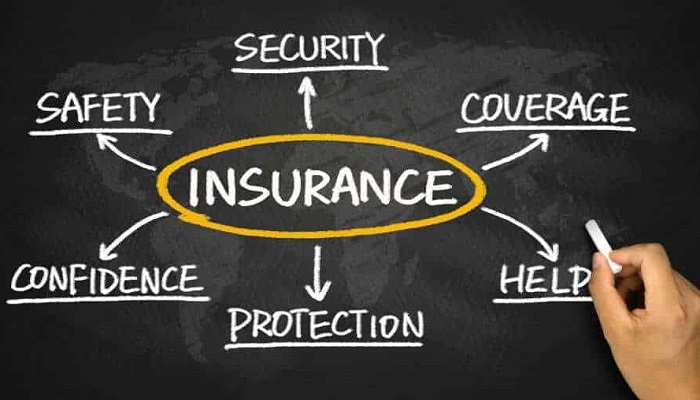After reading this article on eCommerce Insurance, you will be able to take a stand – to decide if your Small Online Business an Insurance coverage or not.
Various types of online businesses need insurance coverage, to protect against uncertainties. In this article, we are going to limit it to eCommerce and online shop insurance.
Before we proceed further, let’s understand what insurance is.
Insurance is a provision for replacement, repairs, or financial reimbursement by an insurance company if a particular event occurs.
We are very familiar with most insurance policies such as; Vehicle insurance, Life assurance, Fire insurance, and Insurance against theft. But am sure Ensuring the eCommerce business will sound strange to some people.
An online article which was titled “Online Business Insurance – Which Does My Online Business Need?” We took our time to explain what viable insurance is for an online business.
We later decided to write specifically on “eCommerce Insurance.” While most online businesses are limited to online activities, eCommerce deals with both online and offline business execution.
In an eCommerce setting, customers log into the website and order products online. After the order, the product(s) with be delivered offline within a stipulated number of days, or even in minutes – as the case may be.
Now you can see there is more risk to an eCommerce business and online shops than most other online businesses.
5 Types Of Small Online Business Insurance
1. Insurance against credit card theft
Credit card theft has been a very big issue for most eCommerce that integrated an online payment system into their store.
When a customer’s credit card information is stolen, the information obtained can easily be used to steal from the card owner’s account.
With the rate of internet fraudsters, one can not underestimate or guarantee a certain rate of safety, and this is where insurance comes into play.
An eCommerce may want to protect its customers by ensuring such risk. Therefore if such risk occurs, there will be an indemnity based on the policy.
2. Insurance of customers’ privacy
Every eCommerce setting has to protect its customer’s information. All customers’ details, which are entrusted to the online store, are meant to be a guided secret.
If customer information gets exposed to the public by whatever means, such customers will surely sue the eCommerce business and demand compensation for damages caused.
In this case, if the eCommerce had an insurance policy over such risk, the insurance company will stand in to pay for all damages.
3. Insurance against hackers’ effect
There are many black hat hackers everywhere. These people work day and night looking for porous eCommerce to hack in and steal valuable information, hijack the site, or defraud them.
If you are current with web-based news, it must have come to your notice to rate at which hackers are using several means to penetrate different websites.
An insurance policy that covers this type of risk will pay full compensation that is equivalent to whatever the eCommerce may lose if such an incident occurs.
4. Insurance against software error
Every online business runs on some codes known as software. These codes are humanly programmed. Therefore, there is a tendency for it not to run according to what time it is programmed to do.
This error is linked to the programmer’s fault, but the effect can be so devastating. Sometimes it may be due to a fault on the server that is hosting the eCommerce, or a bug. Whichever insurance cover will be appropriate.
If an insurance policy can cover an eCommerce against software error, they will repay their losses if such happens.
5. Effects of typographical errors
Some online stores have experienced an error of this nature in the past, and it has caused them great losses. Imagine when a product that costs $999.99 is mistakenly tagged as $99.999, and its purchases have been made. Who will bear the loss?
If insurance for such loss exists, the insurance company will pay for all the loss.
eCommerce Insurance for Offline Needs
1. Professional Liability Insurance
Professional liability insurance is a type of insurance policy that insures against negligence claims that result from mistakes or failure to perform.
2. Property Insurance
Property insurance covers equipment, inventory, and furniture in events such as; fire, storm, or theft. However, it does not cover mass destruction events like floods and earthquakes.
3. Product Liability Insurance
Product liability insurance is vital for all eCommerce. An online store can find itself in a lawsuit due to damages caused by the products they sell. The product liability insurance policy will protect a business in such cases.
4. Vehicle insurance
Every eCommerce business has vehicles that they use to deliver goods to their customers. All vehicles they make use of should be fully insured.
It is also crucial that businesses should insure against the third-party effect, but comprehensive insurance will cover the vehicle against an accident.
5. Business interruption Insurance
The Business interruption insurance will compensate an eCommerce business for its lost income during any event that disrupts its normal course of business.


